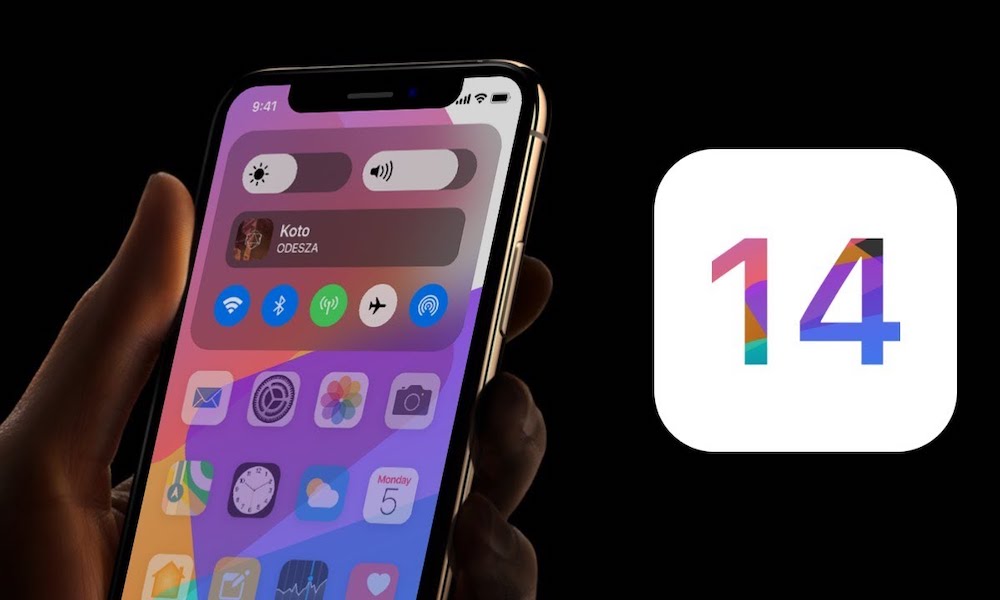Apple Has a New Plan to Fix iOS 14
 Credit: vinceDesign.
Credit: vinceDesign.
Toggle Dark Mode
Apple is going to change the way it develops and tests its software following the buggy release of iOS 13, according to a new report.
The company’s software chief, Craig Federighi, and his team announced the changes at a recent internal meeting, people familiar with the matter told Bloomberg. Apple is switching to the new approach when it builds and beta tests iOS 14. Here’s what you should know.
Apple Development & Testing Changes for iOS 14
Apple’s new approach will center on unfinished or buggy new features being disabled by default in daily test builds of the company’s software.
Testers will then be able to selectively enable or disable those features using a new internal “Flags” process. That way, they’ll be able to more accurately isolate and spot the feature or setting that is causing a particular bug.
The company is reportedly already using the new approach in the development of iOS 14, which is expected to debut in the latter half of next year.
In a familiar move, Apple is also considering delaying some iOS 14 features to what will eventually become iOS 15 in 2021 to focus on performance and stability improvements.
While the company is actively using the new development and testing strategy for iOS 14, Bloomberg reports that it will eventually apply it to all of its operating systems — including macOS, iPadOS, watchOS and tvOS.
While the feature isolation is a new tactic that Apple will use to keep bugs at bay, we’ve seen a similar approach in the past.
We’ve Seen Something Similar Before
Following the buggier-than-usual release of iOS 11 back in 2017, Apple took that as a sign to make iOS 12 focused on speed and stability. The company even delayed some iOS 12 features to iOS 13 to make way for under-the-hood improvements.
It’s not necessarily a novel strategy. Back in October, a former Apple software engineer suggested that major new features could be released every two years, with OS updates in between focused on stability and performance improvements.
But, in any case, it will still likely become a welcome change for Apple users, who have become increasingly frustrated with the number of bugs in iOS 13 and Apple’s other 2019 software releases.
iOS 13 and iOS 14
While there have been buggy iOS releases in the past, iOS 13 is a bit unprecedented. The initial version of the software was so bug-ridden that Apple rushed out eight updates in the first two months after release.
That’s the most since 2012, when Federighi first took control of Apple’s software engineering group.
Part of the reason for that appears to be Apple’s past approach, which saw development teams adding untested new features almost daily while separate teams added new features weekly.
Bloomberg reports that the test software “got so crammed with changes at different stages of development that the devices often became difficult to use.”
The new approach for iOS 14 has changed that. And despite the focus on tightening up the software, people familiar with the update’s development said that it will still rival iOS 13 in the “breadth of its new capabilities.”






